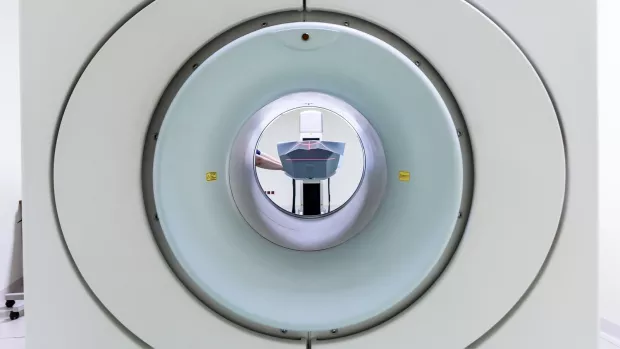Using MRI to investigate the mechanisms of sodium build-up in MS

- Lead researcher:
- Dr Bhavana Solanky
- Based at:
- University College London
- MS Society funding:
- £49,916.33
- Status:
- Starting January 2024
Sodium plays a number of key roles in the body. For example, changing levels of sodium are essential for messages to be able to travel down nerve fibres.
The sodium levels in our brain are very tightly regulated. But in MS the levels can be elevated. And this increase in sodium is connected to higher levels of disability and progressive forms of MS.
There are two mechanisms that might be responsible for these increased sodium levels. It could be because sodium builds up inside brain cells in people with MS. Or that the sodium builds up in the space around cells when cells die.
But we don’t yet know which mechanism plays the biggest role in the sodium build-up in MS.
About the project
The researchers now want to investigate the role of both of these mechanisms using a special type of MRI. Measuring sodium is a bit different to a normal MRI scan. Instead of looking at water, the researchers tune the scanner to look at sodium: this is like tuning to a different radio station and needs extra hardware.
The researchers want to find out which mechanism is responsible for the sodium build-up in MS. They’ll do this by looking at MRI scans for people without MS, people with clinically isolated syndrome (CIS) and people with relapsing and progressive forms of MS.
How will it help people with MS?
Testing which mechanism may be responsible for higher levels of sodium may help us to better understand why some people have more disability than others. And why MS progresses differently for everyone.
In the future, it could also help us develop new treatments that target this mechanism.
The difference you can make
The race is on to find treatments that will slow or even stop disability progression in MS. By donating to the MS Society you will be supporting innovative projects like this.




